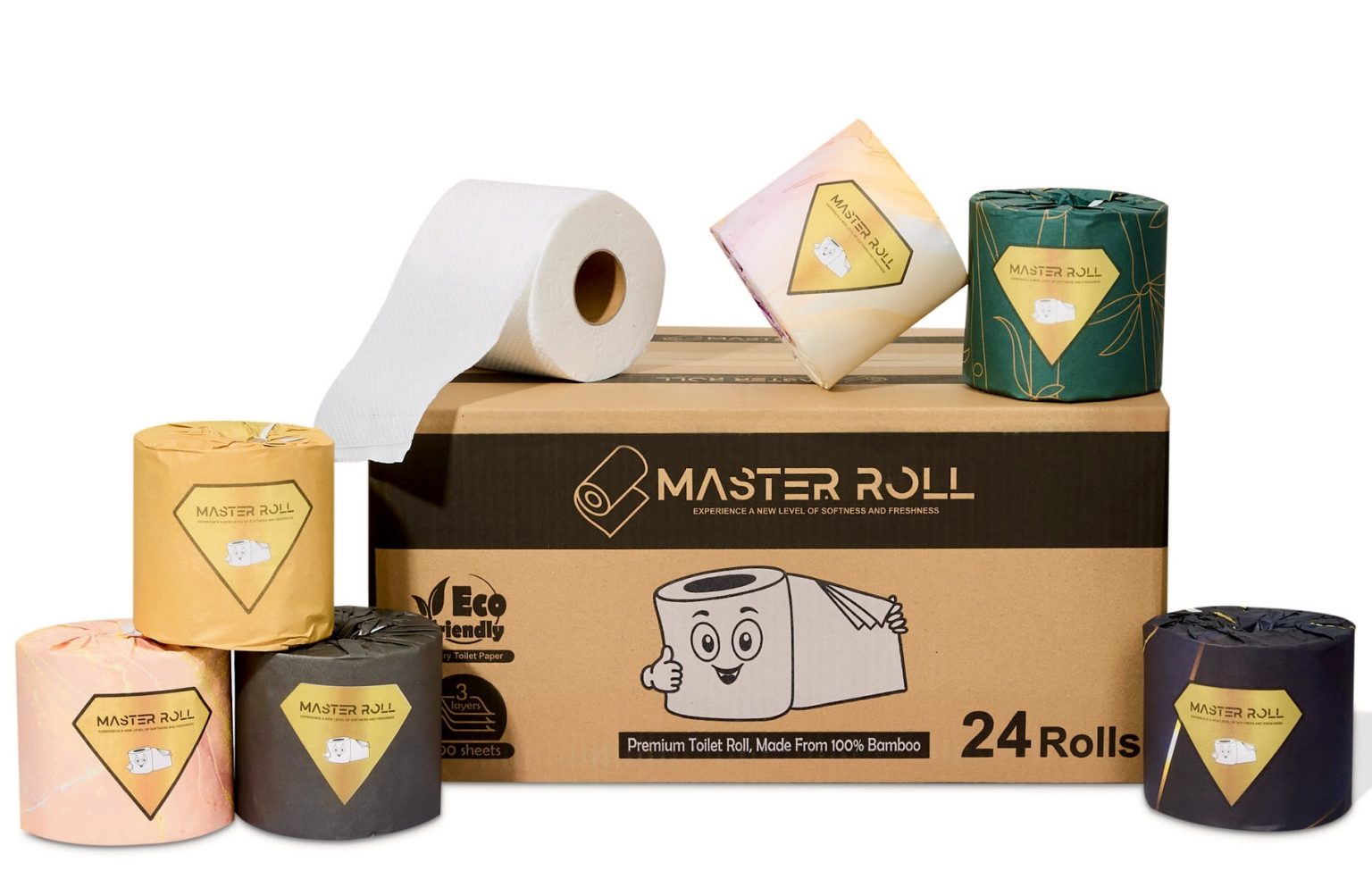When choosing toilet paper, it’s important to consider its environmental impact. sustainable toilet paper is produced using eco-friendly practices and materials. Here’s what makes toilet paper sustainable:
1. Source of Material:
- Recycled Paper: This reduces the demand for virgin pulp, minimizing deforestation and the use of harmful chemicals in the production process.
- Bamboo: A rapidly renewable resource that requires fewer resources to grow compared to traditional tree-based paper. It’s often grown without the use of pesticides and fertilizers.
- Other Plant-Based Sources: Some toilet paper brands use other plant-based materials like sugarcane or hemp.
2. Production Process:
- Chlorine-Free Processing: Chlorine-free bleaching is a more environmentally friendly method that avoids the release of harmful chemicals into the environment.
- Energy Efficiency: Sustainable production practices involve minimizing energy consumption and optimizing production processes.
- Water Conservation: Efficient water usage during production helps reduce the overall environmental impact.
3. Packaging:
- Minimal Packaging: Sustainable toilet paper often comes with minimal packaging, reducing waste.
- Recyclable Packaging: The packaging used should be recyclable or compostable to minimize its environmental footprint.
4. Forest Stewardship Council (FSC) Certification:
- FSC certification ensures that the paper used in toilet paper production comes from responsibly managed forests.
- This certification guarantees sustainable forestry practices and helps protect biodiversity.
By choosing sustainable toilet roll paper, you can contribute to a healthier planet and reduce your carbon footprint. Look for products that are made from recycled paper, bamboo, or other sustainable materials, and prioritize brands that prioritize environmental responsibility.




